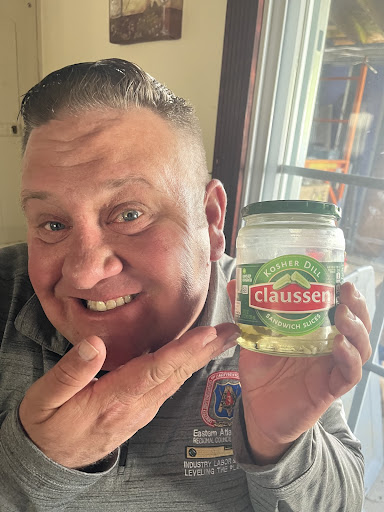The shooting death of Michael Brown has been the center of a controversy since Aug. 9. On that day, Brown, an unarmed black teenager, was involved in an altercation with Ferguson police officer Darren Wilson. Wilson fired “multiple shots” wounding Brown six times; the last shot was fatal. Some eyewitnesses claim that Brown was not actively violent when Wilson killed him; they accuse the officer of excessive force, of murder. Wilson says that Brown was charging him when he fired the fatal shot; he says it is self-defense. To much outcry, the grand jury in the case decided not to indict Darren Wilson. In doing so, they cited inconsistent or conflicting testimonies, and the physical evidence.
Is there no room for reasonable doubt? The purpose of the grand jury must be kept in mind. All that is needed in a grand jury to indict is a slight suspicion. In the Ferguson case, the only constant has been inconsistency: there are conflicting eyewitness testimonies; sure, some are discredited, but again they are conflicting, and conflict leads to doubt. At the same time, the prosecutor in the case refused to recuse himself, even when he had a documented past of police bias. These pieces of information build a puzzle of injustice– as a result, many cannot help that something is amiss or awry in this case.
A grand jury is a group of 12 appointed people that decide to indict someone with criminal charges. This doesn’t mean that the person is found guilty of criminal charges; rather, they will be tried in a criminal trial,before a jury and judge. There is no judge in a grand jury, nor is there any sort of argumentation. Rather, a prosecutor gives evidence to the grand jury, and, at his or her own discretion, may make a recommendation to indict. St. Louis Country Prosecutor did not make a recommendation, which is simply abnormal. The exact influence the prosecutor had on this case is unknown.
But what must be kept in mind is the incredibly low threshold of proof in a grand jury. “All it requires is a suspicion that a crime occurred and a suggestion that the defendant may be responsible for the crime,” says Seth Morris, Alameida County, CA, in his Dec. 8, Washington Post column. In this case, there was some suspicion. When McCulloch announced on that fateful night, Nov.24, that a no true bill, or lack of indictment, would be presented, he noted that the evidence in the case was conflicting. While it is true lots of the eyewitness’ testimony was later discredited, the fact of the matter is not all of it was, and by the nature of this evidence a suspicion is present. The justice system looks for a suspicion, and it was there.
McCulloch has been heavily criticized for his role in the grand jury decision. As prosecutor, it is his job to recommend an indictment, which is a frequent practice; McCulloch did not recommend. McCulloch’s bias was clear and evident. According to a Nov. 26 Associated Press story, McCulloch would show videos of eyewitnesses in the news, before they would come and speak to the Grand Jury themselves. In doing so, he gave the grand jurors a biased lens, a preconceived notion of what this eyewitness would be doing.
What makes this so problematic? Perhaps the fact that McCulloch is the son of a St. Louis police officer killed by a black man, perhaps the fact that his uncle and brother are police officers, perhaps these facts lend a suspicion—that McCulloch was, to some degree, biased. If it is reasonable doubt they look for, it is there: there is reasonable doubt on whether that these circumstances played out the way they did. There is reason to believe that this case was handled at best with incompetence, at worst with injustice.
There is no dawn for the parents of Michael Brown. Their son will never be back. He is gone, killed, and there is no trial to contest the facts. Yet there is a dawn for America. Though we as a nation divided over the Ferguson case, both conservatives and liberals concede police reform is a necessity, even more so with the recent Eric Garner case. Both conservatives and liberals see the need for real change, for accountability, and even for a better legal justice system. It is in this common ground that change can come.







